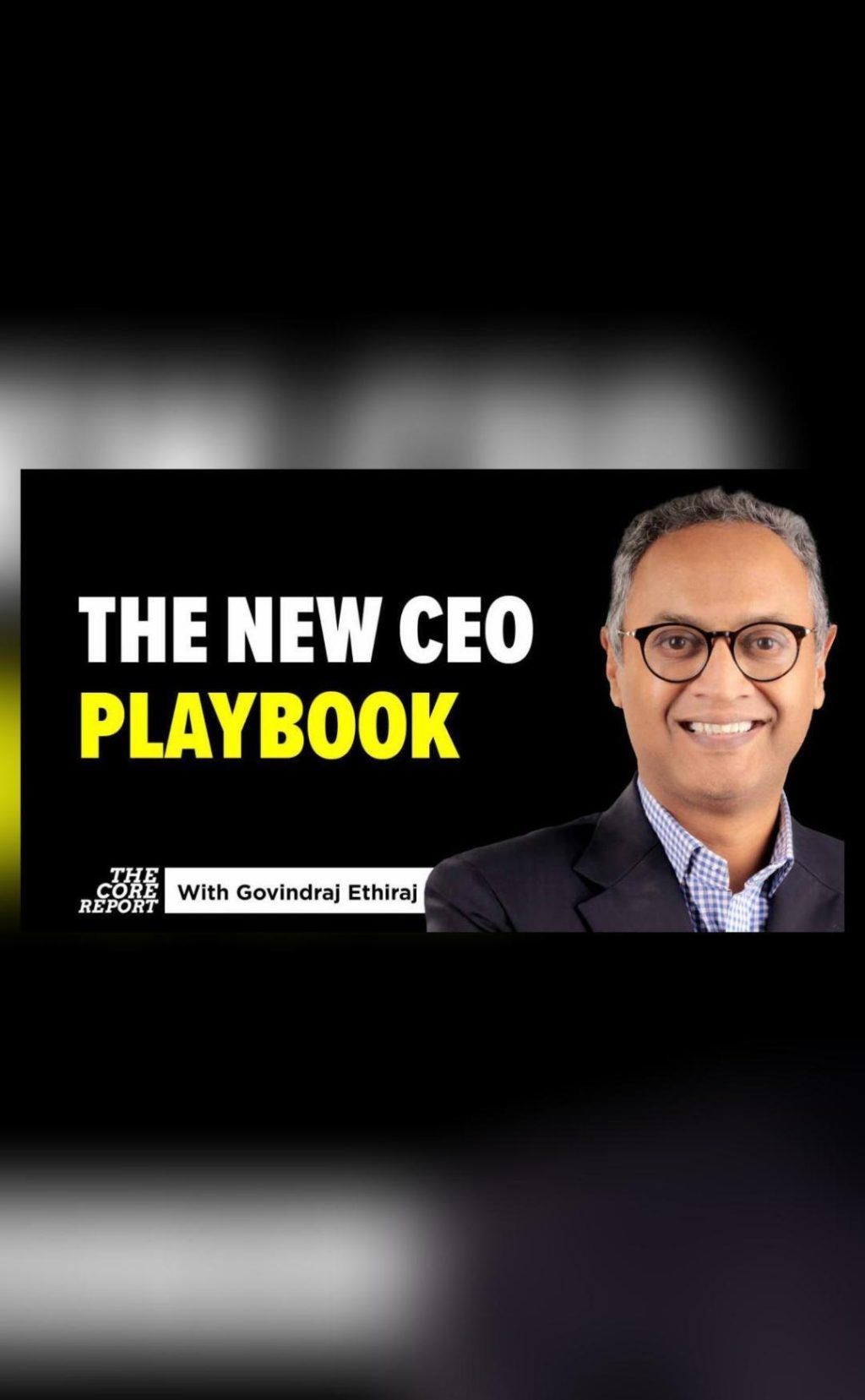
The New CEO Playbook: AI Pressures & Global Tariff Shocks
As the global business landscape continues to evolve at breakneck speed, CEOs are facing unprecedented challenges. The rise of artificial intelligence (AI) is reshaping industries, while tariff shocks are disrupting trade and global supply chains. In this new normal, business leaders must rethink their strategy and operations to stay ahead of the curve.
In this article, we’ll explore the latest trends and insights from the world of business, highlighting the key pressures and shocks that CEOs must navigate to achieve success. From internal pressures to automate and innovate, to external forces like shifting trade policies, we’ll examine the ways in which companies are being pushed to localise, adapt, and reconsider long-held business models.
The Rise of AI: An Internal Pressures
Artificial intelligence is no longer just a buzzword – it’s a reality that’s transforming industries across the globe. As AI reshapes the business landscape, CEOs face internal pressures to automate and innovate. With AI, companies can streamline operations, improve customer service, and drive growth through data-driven decision-making.
However, the adoption of AI also brings significant challenges. Many companies are struggling to find the right talent to implement AI, while others are grappling with the need to retrain existing employees to work alongside machines. The fear of job displacement is also a major concern, as AI could potentially automate roles that were previously thought to be safe.
According to a recent survey by PwC, 77% of CEOs believe that AI will have a significant impact on their business, while 69% believe that it will create new opportunities for growth. However, only 22% of CEOs are confident that they have the necessary skills and resources to implement AI successfully.
Global Tariff Shocks: An External Pressures
Meanwhile, the ongoing trade tensions between major economies are causing significant disruptions to global supply chains. The introduction of tariffs on goods such as steel, aluminum, and electronics has led to increased costs, reduced trade volumes, and uncertainty about the future of global trade.
For CEOs, the tariff shocks pose a major challenge. With trade policies changing by the day, companies must navigate complex regulatory landscapes, manage supply chain risks, and protect their market share. The uncertainty surrounding trade agreements has also led to increased levels of inventory stockpiling, as companies look to mitigate the risks of disruptions to their supply chains.
In a recent interview, the CEO of a major multinational corporation highlighted the challenges of navigating the tariff landscape. “It’s like trying to hit a moving target,” he said. “We have to constantly monitor trade policies and adjust our strategy accordingly. It’s a huge challenge, but we’re doing our best to stay ahead of the curve.”
The New CEO Playbook: Localise, Adapt, and Reconsider
So, what can CEOs do to stay ahead of the challenges posed by AI and global tariff shocks? Here are a few key strategies that are emerging as best practices:
- Localise: With trade policies changing by the day, companies must localise their operations to reduce reliance on global supply chains. This may involve setting up local production facilities, partnering with local suppliers, or developing alternative sources of supply.
- Adapt: CEOs must be prepared to adapt quickly to changing trade policies and market conditions. This may involve revising business strategies, adjusting production levels, or implementing new technologies to improve efficiency and competitiveness.
- Rethink: The tariff shocks and AI pressures are forcing companies to rethink their long-held business models. With traditional supply chains under pressure, CEOs must consider new ways of operating, such as direct-to-consumer sales, subscription-based models, or collaborative partnerships.
In conclusion, the new CEO playbook is all about localising, adapting, and reconsidering. By embracing the challenges posed by AI and global tariff shocks, CEOs can position their companies for long-term success in an increasingly complex and rapidly changing world.
Watch the full video on YouTube:






